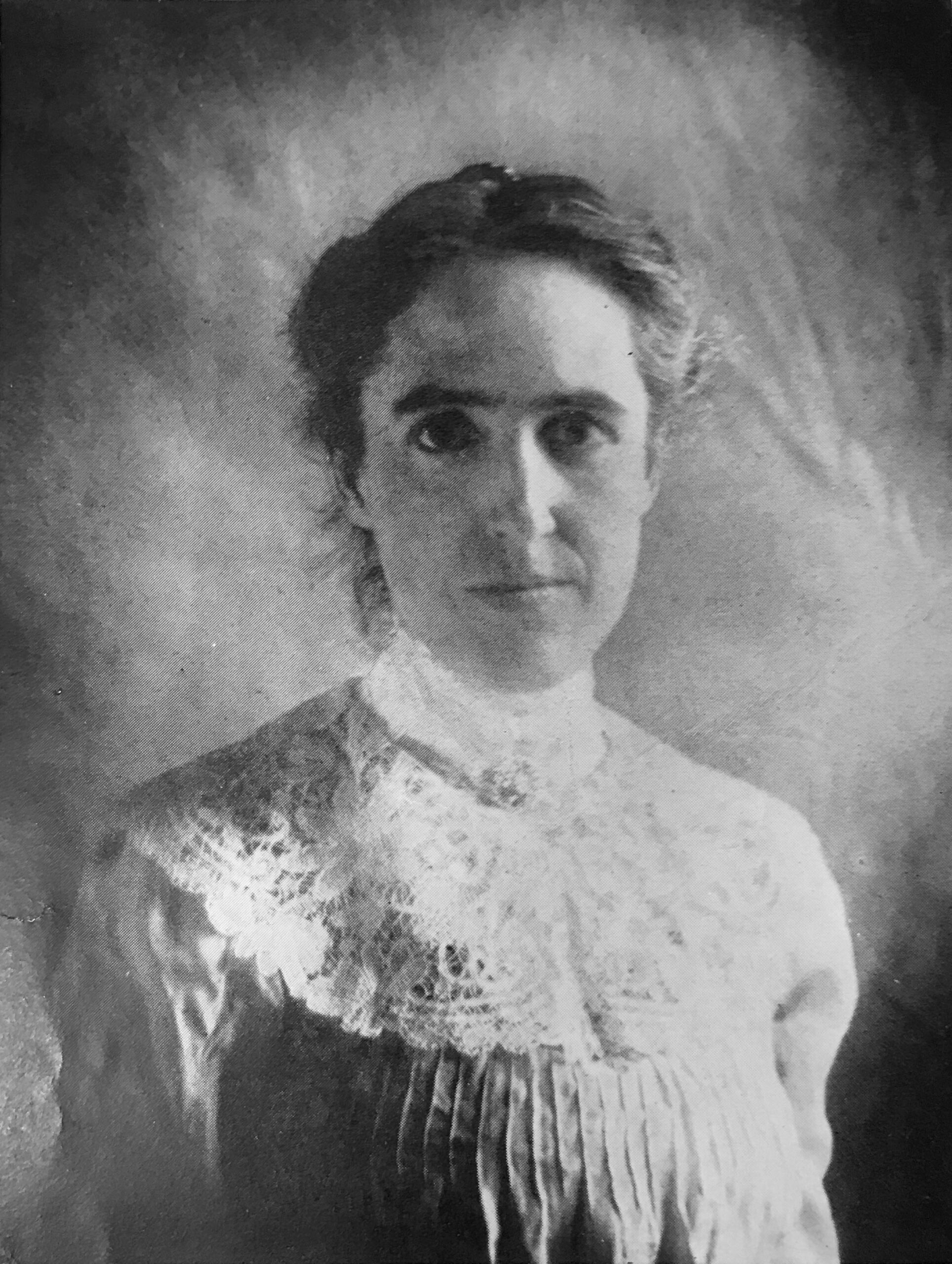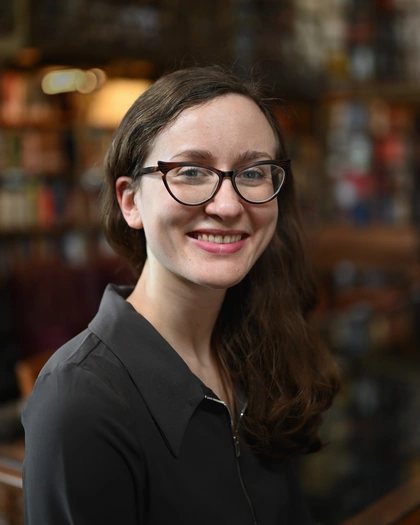CSWA will be hosting and co-hosting several events early in the week. Please come by to meet your CSWA representatives, network, and support women in our field. Events and activities are open to all registered attendees who are interested in participating or learning more. Find the full schedule for AAS 2026 at https://aas.org/meetings/aas24
Sun. Jan. 4:
AAS Grad School & REU Fair
Phoenix Convention Center, 301 C
5:30-7:00 p.m. MT
Come hear about CSWA's strategic plan and current activities and how you can get involved with AAS at the CSWA table!
Mon. Jan. 5:
CSWA Cohorts Kickoff Session
Phoenix Convention Center, 232 B
2:00-3:30 p.m. MT
The AAS's Committee on the Status of Women in Astronomy invites in person and virtual attendees to kick off the new CSWA Cohorts program. Drawing inspiration from cohort model peer groups (e.g., Lean In Circles; Every Other Thursday: Stories and Strategies from Successful Women Scientists by Ellen Daniell; institutional support groups and mentoring programs), this session aims to connect people within and across career stages in astronomy to solve problems and provide support to each other in challenging times and situations. The goal of the CSWA Cohorts program is to establish topical peer groups that will continue these conversations virtually year-round. Event is open to all AAS attendees, regardless of gender, status, or background.
Sign up for cohorts or suggest a group at https://forms.gle/YUQBhEboZjZv
Mon. Jan. 5:
1400 Degrees and AAS CSWA Networking Event at AAS 247
Offsite event, RSVP link below
6:30-8:30 p.m. MT
* Remarks from CSWA and guest speaker Dr. Meg Urry around 7 p.m.
1400 Degrees is partnering with the American Astronomical Society’s Committee for the Status of Women in Astronomy (CSWA) for an evening networking and community-building event at the AAS247 meeting in Phoenix, Arizona on January 5th, 2026. Connect over dinner and beverages with scientists from different institutions, career stages, and scientific sub-disciplines within physics and astronomy, in a casual and comfortable environment.
Event is open to ages 21+ colleagues attending the AAS conference who are interested in supporting women and gender minorities in physics and astronomy.
RSVP is required as event space is limited, so make sure to indicate your interest in attending quickly or get on the waitlist at https://docs.google.com/forms/
Hosts: Karly Pitman/CSWA and Gabriele Betancourt-Martinez (Heising-Simons Foundation; 1400 Degrees: https://1400degrees.org/)





